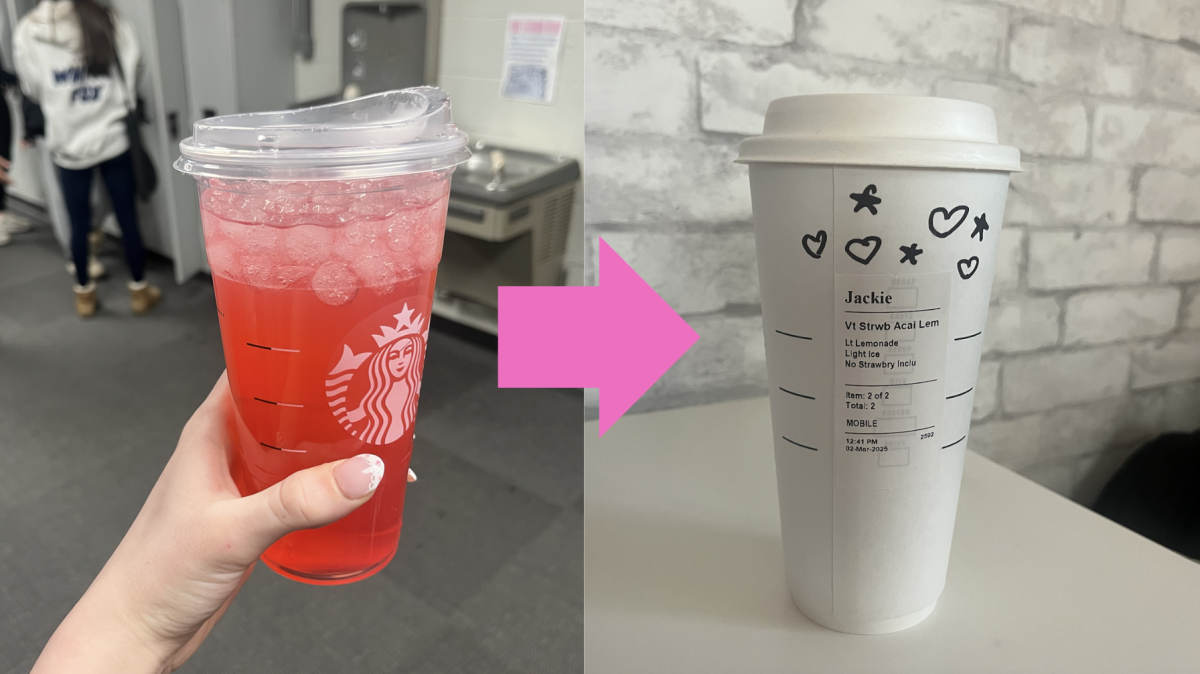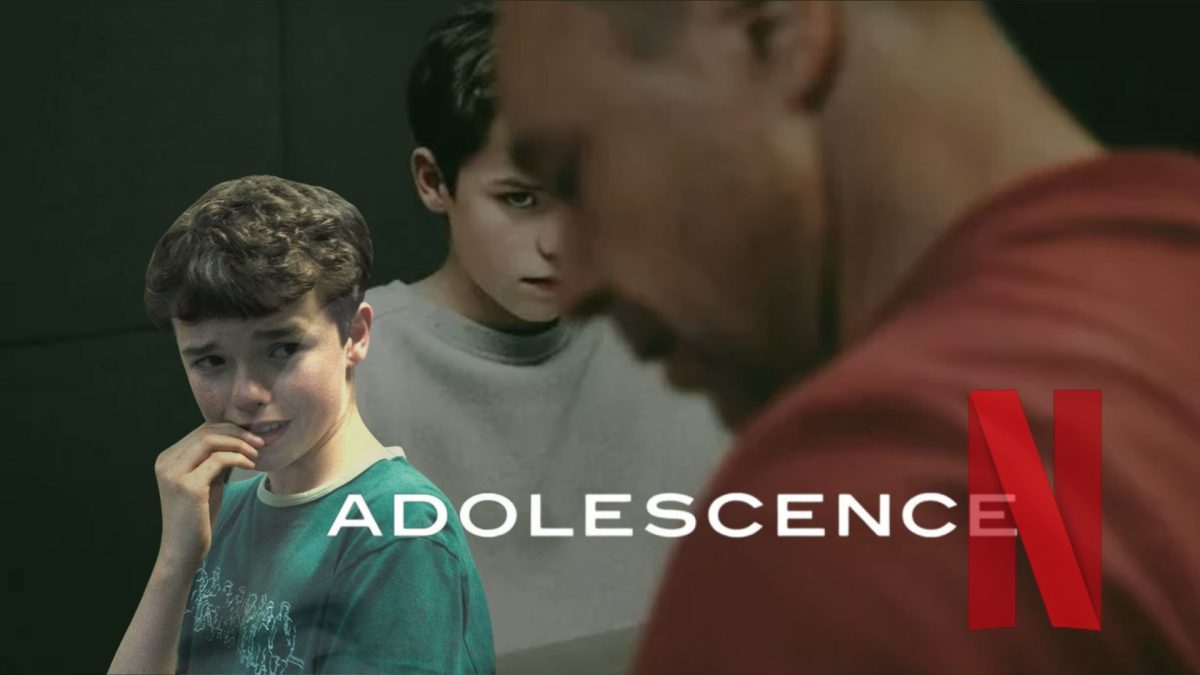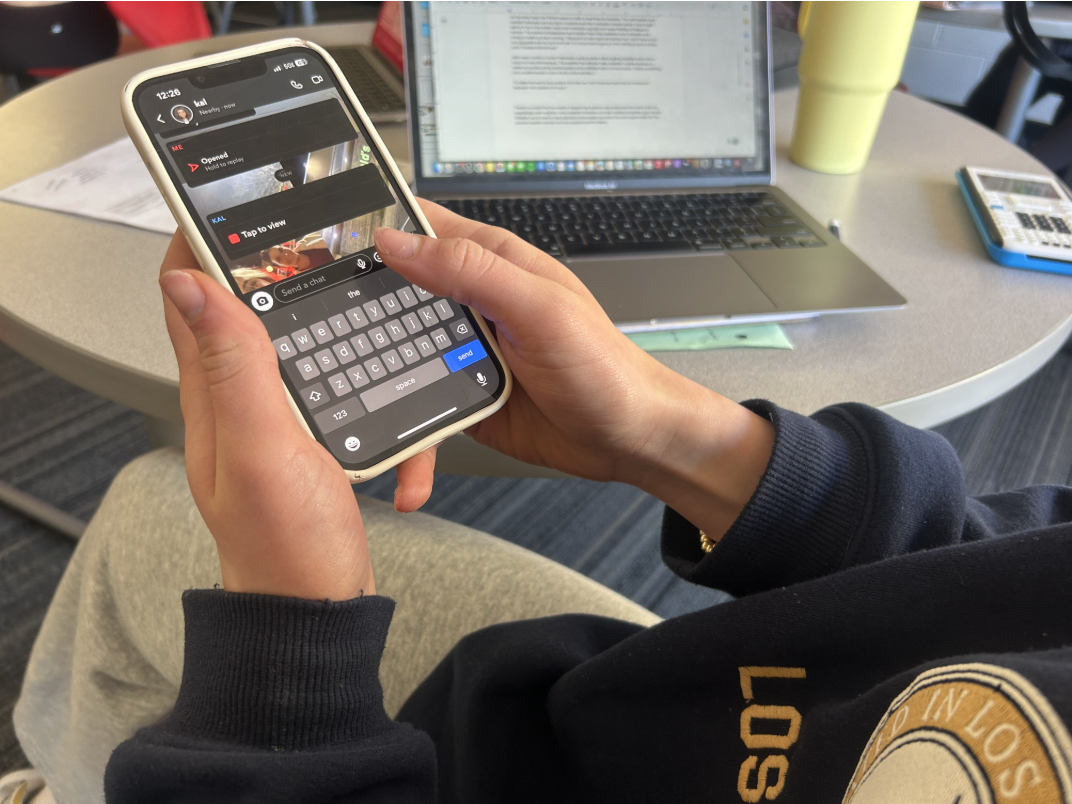Snapchat has been growing rapidly since 2011. The app is popular among young adults and teenagers as it is an easy way to communicate with friends, family, and significant others. However, this app can be extremely addictive as you can keep a snap streak, check everyone’s locations, and see what everyone is up to on their stories. Due to the app becoming popular, it has also become extremely compulsive.
Snapchat has started to affect teenagers’ mental health in tremendous ways. Many people post lots of content on their private stories with their friends hanging out. This can cause the fear of missing out and can lead to users not feeling good enough about themselves. You can also see everyone’s location on Snapchat, which can lead to people seeing something they weren’t invited to. This makes users feel a sense of isolation and anxiety, which can lead to severe mental health problems over time. “If I ever am not able to attend a hangout with my friends, it’s gonna be posted somewhere on the app, and people make everything look ten times more fun online,” junior Elle Montague said.
The app also can affect users’ body image and self-esteem. Many people post photos of themselves on their stories or send snaps of themselves. This can cause people to compare themselves to others, which can lead to severe mental health problems such as anxiety and depression. Everything you see on social media is not true in real life, and seeing these perfect snaps can cause you to think the worst about your image. It can set a false beauty standard and make people think their looks aren’t good enough. “It might affect their feeling of fitting in, so it might affect their mental health if they don’t feel good enough,” freshman Ana Santos said.
It does not help that teenagers are extremely addicted to this app. Teenagers feel this constant need to open the app and check who snapped them. Seeing what everyone is up to or doing can be addicting for teenagers as they want to know everything going on and see if they’re missing out on anything. This can be extremely harmful to their mental health if they are constantly worried about what everyone is doing. It can affect them by spending more time on their phone to see what everyone is doing. “Snapchat keeps me in touch with my friends because I can talk to them constantly over snaps and chat, but it is not very healthy because I’m constantly on my phone when I can hang out with my friends in person,” Santos said.




































![Teacher Lore: Mr. Hillman [Podcast]](https://bsmknighterrant.org/wp-content/uploads/2025/03/teacherlorelogo-1200x685.png)




